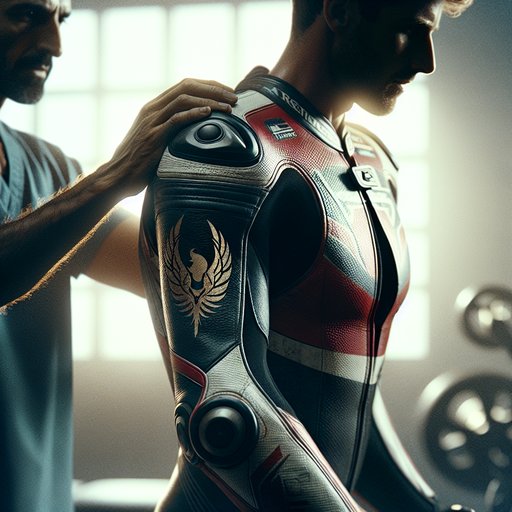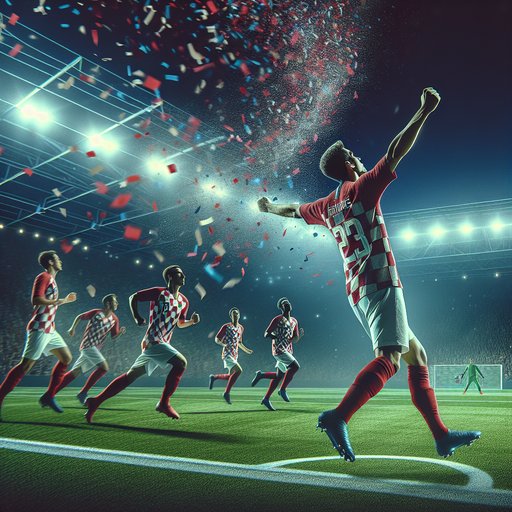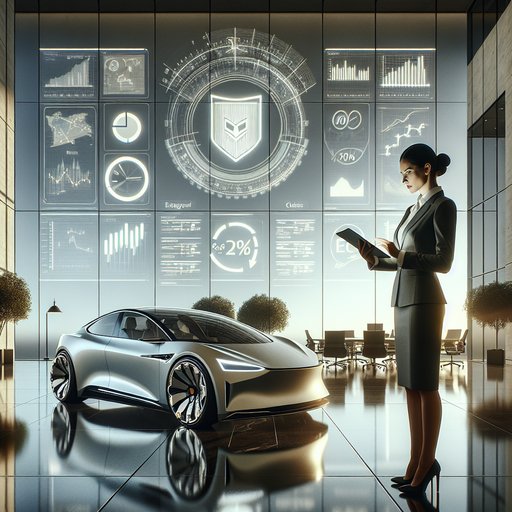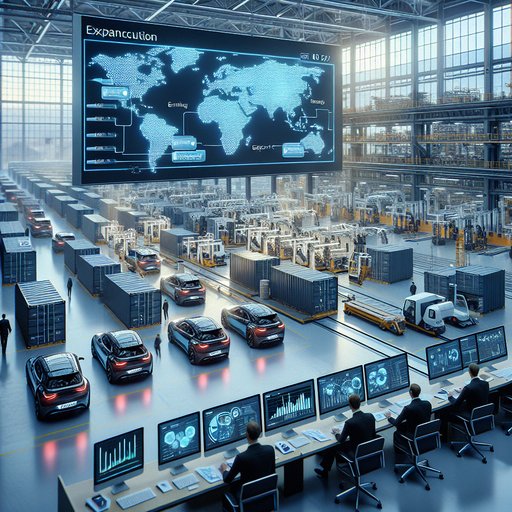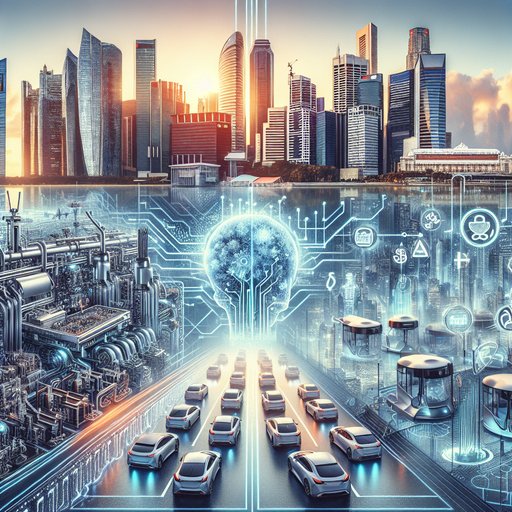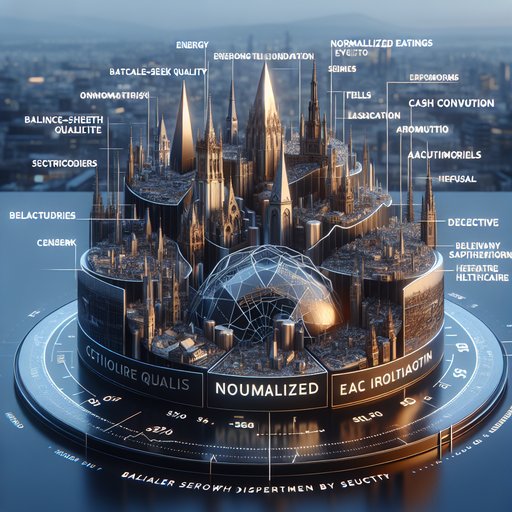Cloning in the Present Tense: From Boutique Pets to Biodiversity Rescue, the Ethics Lag Behind

Cloning no longer lives only in speculative fiction or in the sepia-toned memory of Dolly the sheep; it is a service some people buy with a credit card, a conservation tool unsealing old DNA to save endangered species, and a research method redefining what counts as kin. In labs across the globe, technicians are turning biopsies into newborn animals and patient cells into experimental tissues. The science is imperfect and the costs are high, but the applications keep multiplying while the public conversation struggles to keep pace. Cloning, today, is less about miracle leaps than about increments—the everyday normalization of making genetically matched life—and the ethical questions it raises are not theoretical. They arrive in living rooms, barns, and policy hearings already breathing.





















